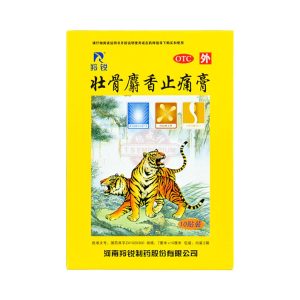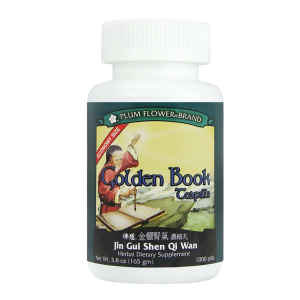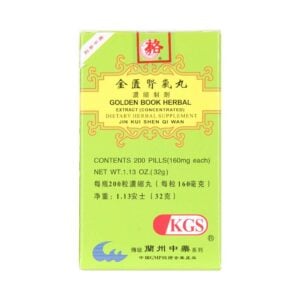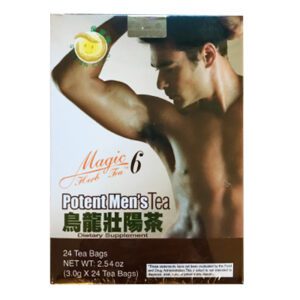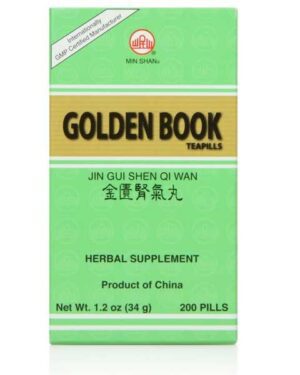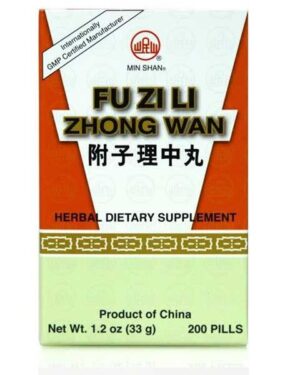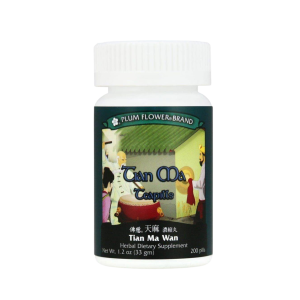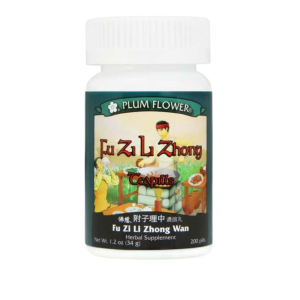(Zhi) Fu Zi
English Name: aconite (prepared), daughter root of common monk’s hood (prepared)
Pharmaceutical Name: Radix Aconti Lateralis Praeparata
Medica Category: Interior-Warming Herbs
Properties: Fu Zi enters the Kidney, Spleen, and Heart channels; it is acrid in nature and hot in temperature.
What is Fu Zi?:
The Chinese Herb Fu Zi is the prepared root of aconite (aka common monk’s hood—Aconitum carmichaeli Debx.). The aconite considered the most effective grows in modern day Jiangyou in Sichuan province (but the species that gives us Fu Zi is cultivated in many areas throughout China). The plant itself can grow to about 5-6 ft. tall and produces beautiful, deep purple flowers that resemble a monk’s hood. This herb is toxic in its unprocessed form (see safety notes below).
Fu Zi was called “the King of the 100 herbs” in the ancient practice of TCM and used properly is appropriate (many would say “essential”) in dealing with severe yang depletion/collapse (see below).
Traditional Chinese Medicine (TCM) Therapeutic Actions of Fu Zi:
Fu Zi restores depleted or devastated yang. Yang energy can be thought of as the “fire” in the body that underlies and fuels the processes that make up life; when this fire is burning low, yang is said to be deficient, and one might have trouble with digestion, trouble keeping warm, anxiety and heart palpitations, and so on… ; when this fire is for all practical purposes going out/not strong enough to drive any of the body’s processes, the yang is said to be “devastated”, perhaps manifesting in an emergency situation in which there is a complete absence of this yang energy in the body—severe shock, impending organ failure, profuse sweating and a complete intolerance of cold, etc… Fu Zi is used in the practice of classical TCM to restore devastated yang with the formula Si Ni Tang (Frigid Extremities Decoction) as the base.
Fu Zi opens all twelve of the channels in the body (as well as their collaterals) and thus treats yang deficiency in general (i.e. severe yang deficiency not necessarily characterized by an emergency situation). The main organs in the body which are affected by yang deficiency/collapse are the Kidney, Spleen, and the Heart:
Deficiency of Kidney yang is characterized by weakness/severe fatigue, intolerance to cold in the environment, cold extremities (esp. feet and toes), frequent, clear urination (especially getting up multiple times at night to urinate), pain in the lower back and behind the knees, and edema.
Deficiency of Spleen yang is characterized by incomplete digestion (with undigested food in the stools), watery diarrhea, abdominal fullness and cold, abdominal pain that is relieved by pressure, and edema.
Deficiency of Heart yang is characterized by palpitations, shortness of breath, anxiety, purplish complexion, and a weak pulse.
Fu Zi dispels cold and dampness from all twelve channels and is used to treat bi zheng (painful obstruction syndrome). In addition to addressing bi pain, it also is used to relieve menstrual pain caused by cold and to treat yin sores that resist healing.
–safety notes:
Fu Zi is contraindicated for pregnancy.
Consumption of alcohol is contraindicated with the intake of Fu Zi.
Fu Zi is contraindicated in patients with yang excess and yin deficiency (“false cold and true heat” in TCM parlance).
Unprocessed aconite is highly toxic; Fu Zi, then, is processed (or prepared) aconite. One common (traditional) method of processing is to soak the raw root in brine, boil it for 4-6 hours, and rinse thoroughly with water (Fu Zi should then be pre-decocted for another 30-60 minutes before adding other herbs to the formula being made). Done properly, this reduces the toxicity of the raw herb by 99.5% (from Chen & Chen, pg. 439). Adverse reactions come from two sources: overdose of properly processed aconite or improperly processed aconite (i.e. shortcuts taken and/or chemicals used). It is therefore important to know and trust your source when using this herb.)
The fresh herb should not be used who those are not properly trained in the practice of Traditional Chinese Medicine (because there are many other technical TCM considerations to the use of Fu Zi that are beyond the scope of this discussion). That being said, its use in formula is generally safe (excepting pregnancy); again, know your source.
Products Containing Tag: Fu Zi – Aconite – Radix Aconiti Lateralis Praeparata
-
Zhuang Gu She Xiang Zhitong Gao – Pain Patch (Medicated Plaster)
Add to CartStarting at $6.00
-
Plum Flower – True Warrior Teapills (Zhen Wu Wan) – (OUT OF STOCK)
Add to Cart$23.83
$31.30 -
Min Shan – Fu Zi Li Zhong Wan
Add to Cart$20.13
$26.50 -
Plum Flower – Fu Zi Li Zhong
Add to Cart$23.83
$31.30

